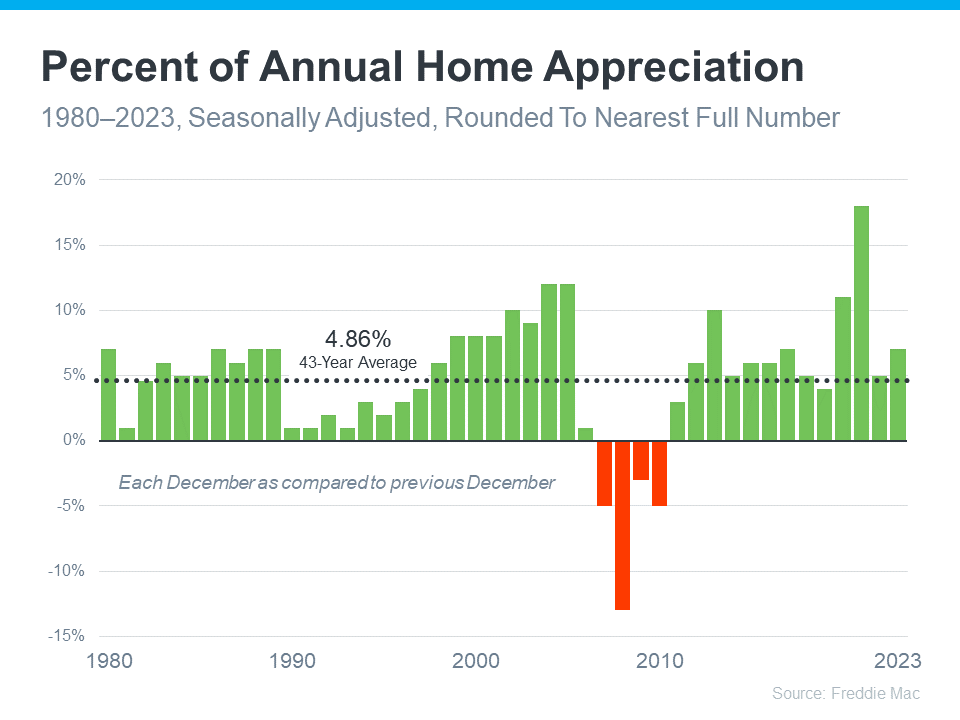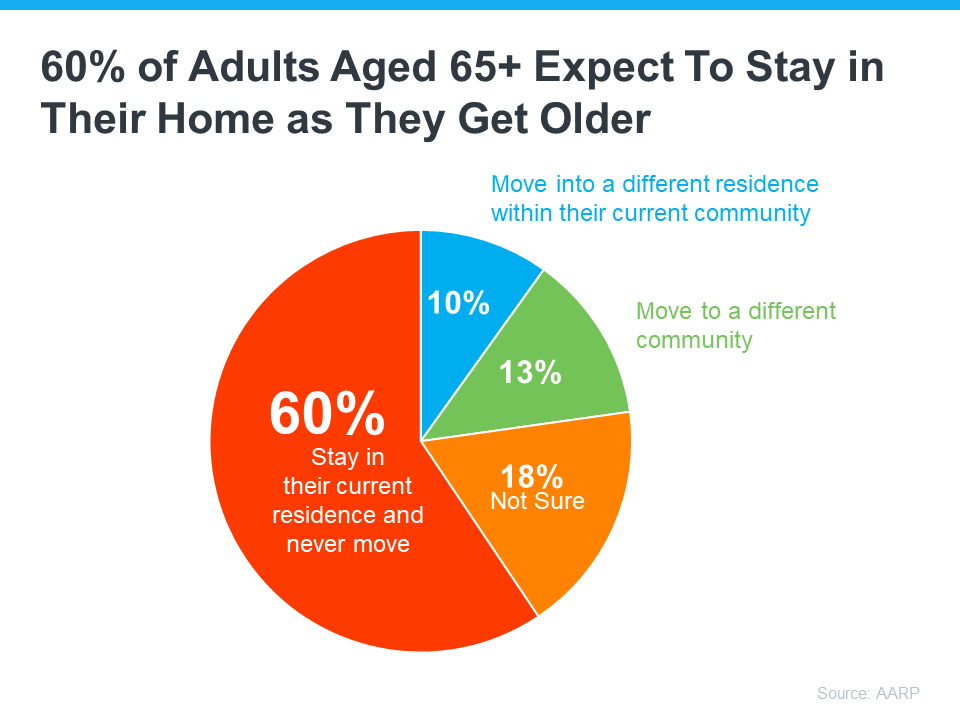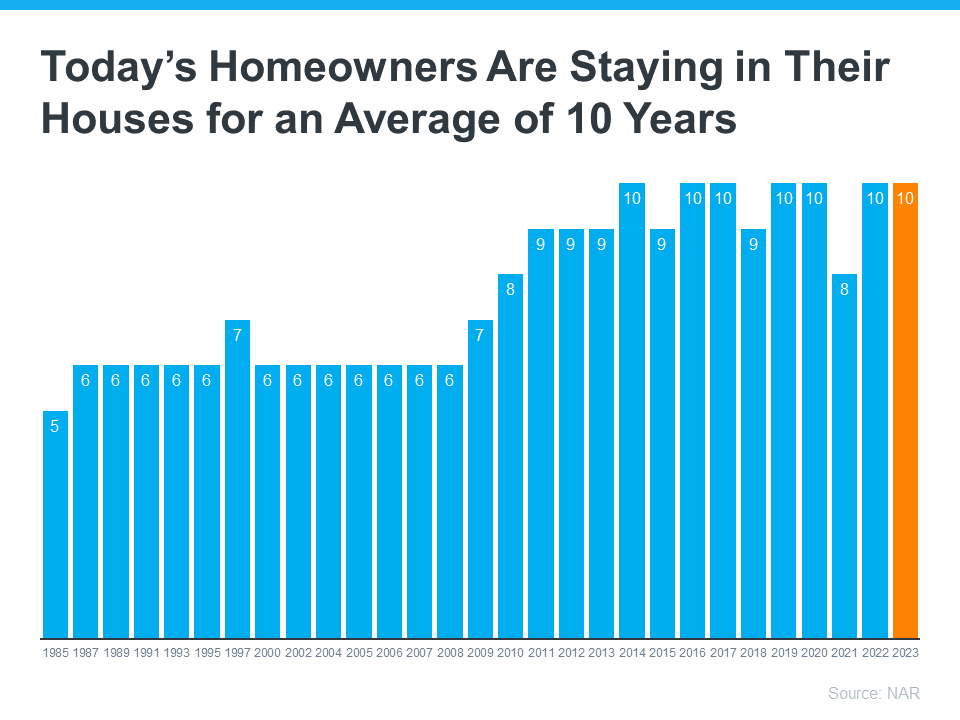Article Courtesy of Keeping Current Matters/The KCM Blog
If one of the goals on your list is selling your house and making a move
this year, you’re likely juggling a mix of excitement about what’s
ahead and feeling a little sentimental about your current home.
A great way to balance those
emotions and make sure you’re confident in your decision is to keep
these three best practices in mind when you’re ready to sell.
1. Price Your Home Right
The housing market shifted in 2023 as mortgage rates rose and home price appreciation started to normalize
once again. As a seller, you still need to recognize how important it
is to price your house appropriately based on where the market is today.
Hannah Jones, Economic Research Analyst for Realtor.com, explains:
“Sellers need to become familiar with their local
market and work closely with a local agent to make sure their listing is
attractive to buyers. Buyers feeling the pressure of affordability are
likely to be pickier, so a well-priced, well-maintained home is the ticket to drumming up big demand.”
If you price your house too high, you run the risk of deterring buyers. And if you go too low, you’re leaving money on the table. An experienced real estate agent can help determine what your ideal asking price should be, so your house moves quickly and for top dollar.
2. Keep Your Emotions in Check
Today, homeowners are staying in their houses longer than they used to. According to the National Association of Realtors (NAR), since 1985, the average time a homeowner has owned their home has increased from 6 to 10 years (see graph below):
This is much more than what
used to be the norm. The side effect, however, is when you stay in one
place for so long, you may get even more emotionally
attached to your space. If it’s the first home you bought or the house
where your loved ones grew up, it very likely means something extra
special to you. Every room has memories, and it’s hard to detach from
the sentimental value.
For some homeowners, that makes
it even tougher to separate the emotional value of the house from fair
market price. That’s why you need a real estate professional to help you
with the negotiations and the best pricing strategy along the way.
Trust the professionals who have your best interests in mind.
3. Stage Your Home Properly
While you may love your decor
and how you’ve customized your house over the years, not all buyers will
feel the same way about your vibe. That’s why it’s so important to make
sure you focus on your home’s first impression, so it appeals to as
many buyers as possible.
Buyers
want to be able to picture themselves in the home. They need to see
themselves inside with their furniture and keepsakes – not your pictures
and decorations. As Jessica Lautz, Deputy Chief Economist and Vice
President of Research at NAR, says:
“Buyers want to
easily envision themselves within a new home and home staging is a way
to showcase the property in its best light.”
A real estate professional can help you with expertise on getting your house ready to sell.
Bottom Line
If you’re
considering selling your house, reach out to a local real estate
professional to help you navigate the process while prioritizing these
must-do’s.













 \
\






